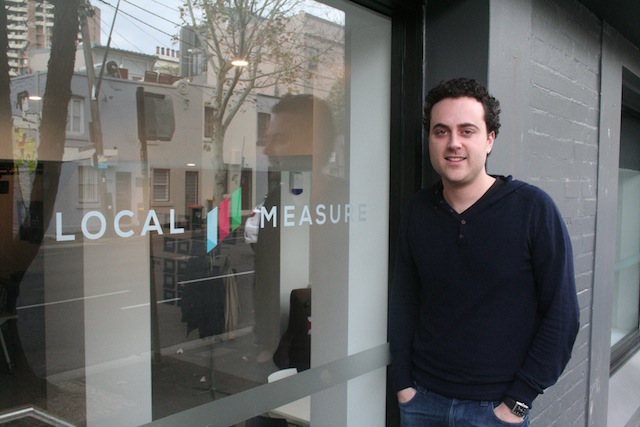Probably the driving factor of the consumerist society’s development was the baby boomers’ growing up.
Through the last fifty years everything from Coca-Cola to baby products and hair loss treatments has been aimed at the cohort born between 1945 and 65.
For many businesses and marketers this group has been so profitable it’s been hard to let them go.
The US motor industry is a good example of this with Bloomberg reporting the over 55 age groups are dominating domestic car sales as younger folk turn away from car ownership.
A similar thing is happening in Australia as TV executives decide that competing with the internet for millennials is too difficult so sticking with the over 50s market is safer.
“We’d go out of business if we stayed with our traditional demographic of 16-39.” Channel Ten CEO Hamish McLennan told the Mumbrella360 conference in Sydney earlier this year.
The problem for both the US motor manufacturers and Australian TV stations is the trends are against them.
For TV stations trying to compete against the internet, the older age groups are following their kids across to the web at the same time that they are beginning to save for retirement.
That need to save is also working against the car dealers, while many boomers fawn over new cars a large number simply aren’t going to be able to afford these indulgences. It’s not a good prospect for the motor industry.
In the meantime, younger people are turning away from the motor car, Bloomberg quotes University of Michigan Transportation Research Institute s researcher Michael Sivak who penned a report on generational shifts in the US motor industry.
“I have a son who lives in San Francisco; when I get a new car and I tell him what I got, he couldn’t care less,” Sivak said. “To him, it’s a means of getting from A to B. He goes into great lengths about taking a BART or bus, even though it takes him an hour longer. He does have a car, but uses it very rarely.”
The movement away from the motor car indicates something much more profound about western society — if the baby boomer represented the age of consumerism, the entire Twentieth Century was defined by the automobile.
For politicians and town planners wedded to a 1950s view of economic development, it may be they are making terrible and expensive mistakes in pushing freeway and other road projects.
While aging baby boomers purr over their expensive cars, the forces of history may be passing them by. Those businesses pandering to those older groups might just want to consider whether they want to be left behind as the economy, and the kids, move on.
It’s comfortable to cling onto what has worked for the last fifty years, but sometimes the lowest risk lies in letting go.





